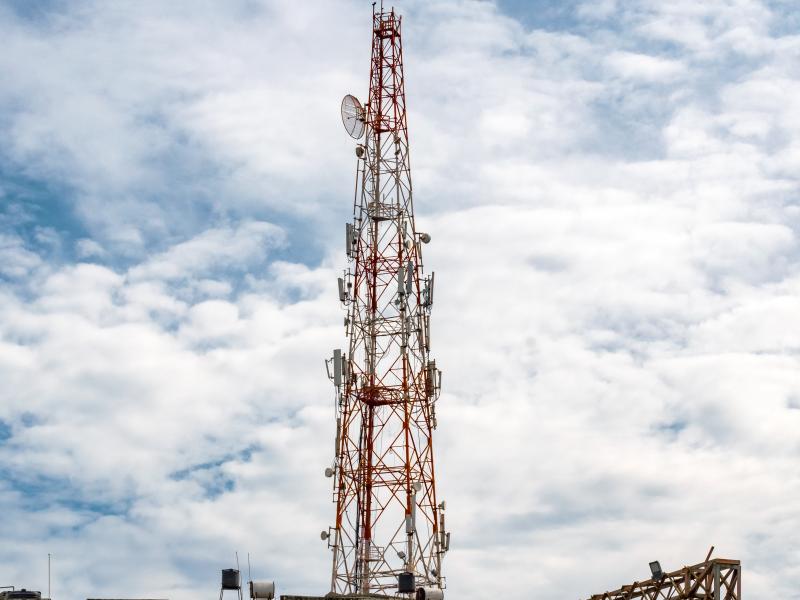
Cellphones, televisions, and computers all rely on the wireless spectrum, a series of signals that travel through the air by way of radio frequencies. Ever-increasing demand for this finite resource requires that policies and protocols aimed at coordinating spectrum use be updated and optimized.
With the support of a new National Science Foundation grant, Alhussein Abouzeid, a professor of electrical, computer, and systems engineering at Rensselaer Polytechnic Institute, will develop a series of mathematical models that will help optimize policies governing spectrum use nationwide.
“There’s an exponential increase in demand, and the wireless spectrum is already completely allocated,” Abouzeid said. “We can’t meet the demand for wireless by statically allocating more spectrum because we’ve run out. We have to modify our policies to result in much more efficient systems and better value for all stakeholders.”
To illustrate his point, Abouzeid compared the wireless spectrum to the acoustic spectrum. If too many people are trying to speak at the same time, their voices will interfere with one another. Similarly, if too many people try to use the same frequency on the wireless spectrum, there can be interference. Technological and regulatory innovations are needed to coordinate use, increase optimization, and meet needs.
In order to coordinate spectrum use, regulators use an approach known as dynamic sharing, which is similar to ride-sharing technologies in that it matches spectrum resources that operators have with users who need them. Despite more than a decade of research on this spectrum sharing approach, Abouzeid said, there is still more to learn about these policies and how they impact wireless spectrum utilization.
Through this work, Abouzeid and his team will develop tools and mathematical models that can be used to help researchers and regulators design more efficient spectrum sharing policies specific to different regions within the country.
“The project is looking at how to come up with rules and policies in different markets based on the given technologies that we have, as well as future technologies that will approach the physical fundamental limits,” Abouzeid said. “We want to develop policies that make sense for the users and the operators.”
This project also includes educational development aimed at preparing the next generation of engineers to design and operate high-performance networks. Abouzeid and his team will create new coursework to be offered at Rensselaer and design educational activities and outreach for K-12 students.

